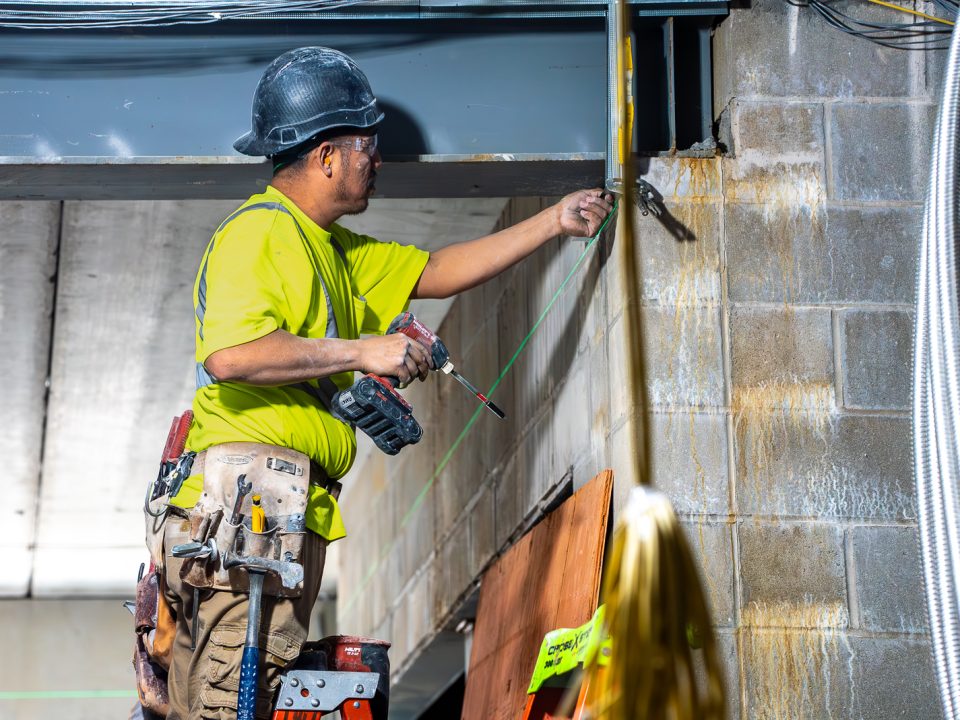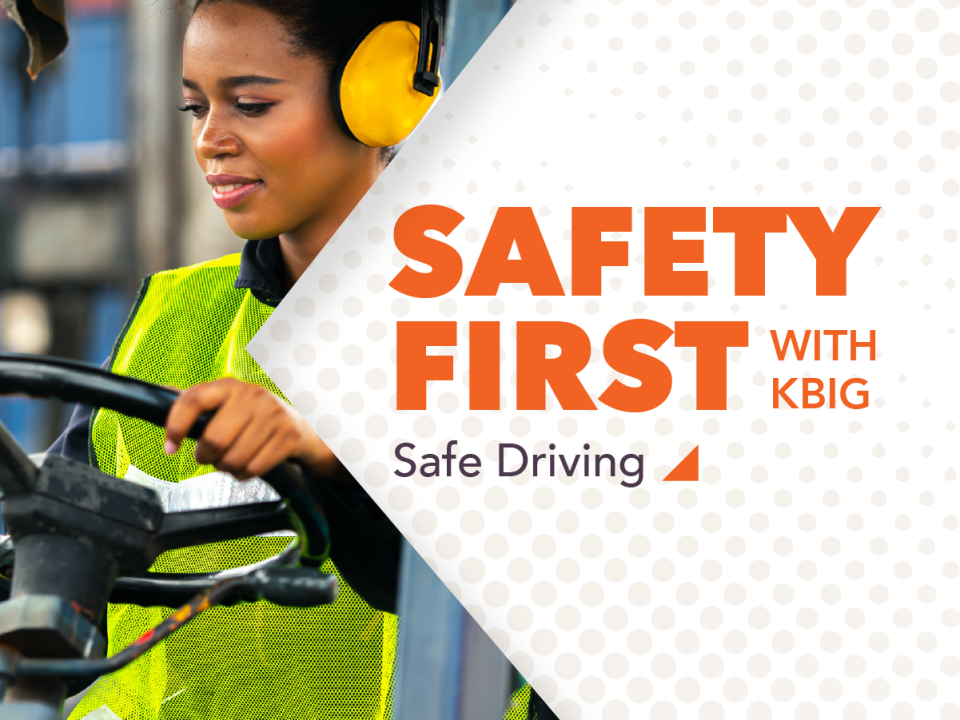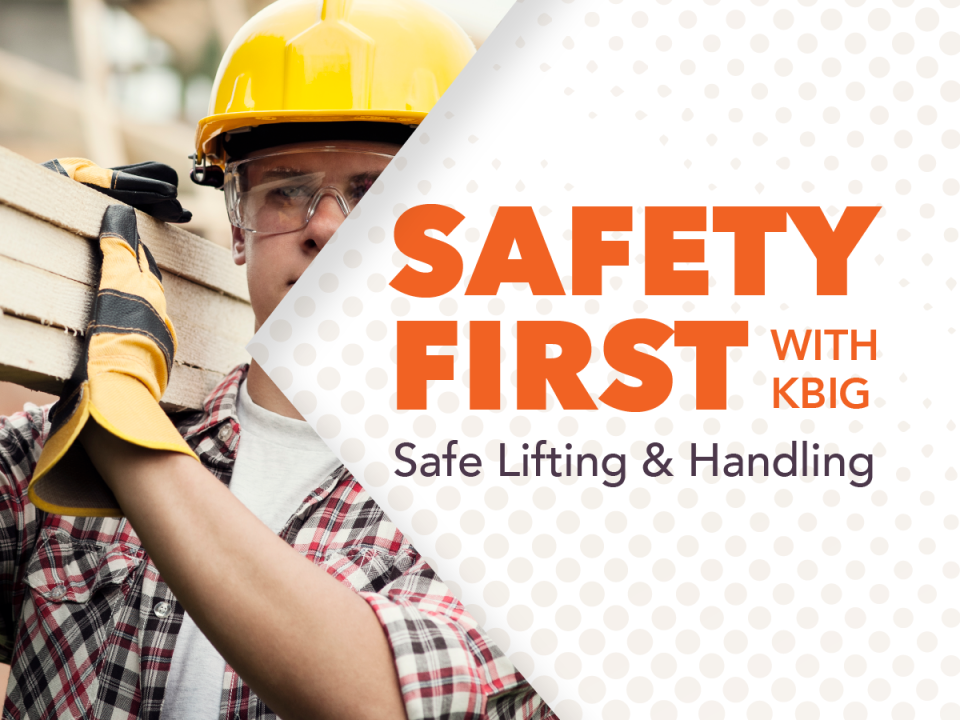
Why Zach McDaniel of Rolling Hills Construction Chooses KBIG
September 16, 2024
Maximizing Benefits With Integrity Insurance Agency
November 7, 2024All job sites have hazards, whether obvious or not. From falling debris to harmful chemicals, it’s crucial that every worker is equipped with the appropriate Personal Protective Equipment (PPE). As your partner in construction safety, we understand the importance of PPE in maintaining a safe working environment. This not only complies with OSHA regulations but also ensures that our workers go home to their families safe every day.
The Role of PPE in Construction
PPE serves as the last line of defense against workplace injuries. It is vital to minimize exposure to various hazards that cannot be controlled by other means, such as engineering controls and administrative actions.
Key Types of PPE for Construction Workers
Head Protection
Hard hats protect against injuries from falling or flying objects. They should be worn as soon as you enter the site and maintained throughout the workday.
Eye and Face Protection
Choose protection based on specific tasks and encountered hazards, such as chemical splashes or welding light.
Hearing Protection
Necessary when working around heavy machinery or construction equipment that produces noise levels above 85 decibels.
Respiratory Protection
Masks and respirators are crucial when working in environments with harmful dust, gases or vapors.
Hand and Skin Protection
Gloves suited to handle chemicals, electrical risks or sharp objects.
High-Visibility Clothing
This type of protective equipment includes items such as safety vests, hats and pants designed to increase a person’s visibility and prevent accidents caused by persons not being seen.
Leg Protection
It’s crucial for those working with chainsaws to wear leg protection, such as chaps pants that cover from the top of their thigh to the top of their boots, for added safety.
Foot Protection
Safety boots that protect against punctures, slips and heavy falling objects.
Harness Lanyard
Fall protection PPE is essential for those working six feet or more above a lower level.
Maintaining and Caring for PPE
Regular inspection and maintenance of PPE are crucial. Any damaged or defective equipment should be replaced immediately. Always follow the manufacturer’s instructions for the correct use and maintenance of each piece of equipment.
Creating a Culture of Safety
Beyond equipping workers with the necessary equipment, fostering a safety-first culture is essential. This includes training, regular safety audits and encouraging open communication about potential hazards.
KBIG is committed to the health and safety of all our members. Proper use and regular maintenance of PPE are integral to our safety protocols. Remember, a well-protected worker is a safe and productive worker.
Check out our safety resources for more tips on jobsite safety. Contact us to see how we can support your success and worksite safety.



